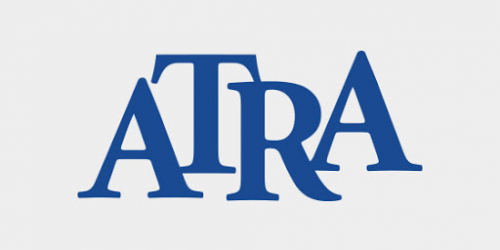Provides that any party has a nondiscretionary right to interlocutory appeal of class certification. Specifies that, absent a showing by the moving party of substantial need and good cause (subject to an assessment of whether the burden of the proposed discovery outweighs its likely benefit), a party is not required to provide discovery of four categories of electronically stored information (ESI) as outlined in the legislation. Provides that, upon a motion of a party, a court shall limit the frequency or extent of discovery if it determines that one of the following applies: the discovery sought is cumulative or duplicative, or can be obtained from some other source that is more convenient, less burdensome, or less expensive; the burden or expense of the proposed discovery outweighs its likely benefit or is not proportional to the claims or defenses at issue considering the needs of the case, the amount in controversy, the parties’ resources, the complexity and importance of the issues at stake in the action, and the importance of discovery in resolving the issues. Provides that a court, when ruling on a motion for a protective order, may order that discovery may be had only on specified terms and conditions, including the allocation of expenses. Adds new language to the general scope of discovery by specifically providing that parties may obtain discovery regarding any nonprivileged matter that is relevant to the party’s claim or defense and is proportional to the needs of the case, considering: importance of the issues at stake in the action; amount in controversy; parties’ relative access to relevant information; parties’ resources; importance of the discovery in resolving the issues; and whether the burden or expense of the proposed discovery outweighs its likely benefit. Provides for automatic stay of discovery upon the filing of a motion to dismiss. Provides for limitations on discovery methods unless otherwise stipulated by the court. Reduces the statute of limitations for a number of causes of action including fraud, action for injury to character or other rights, and limitation when no other limitation is provided. Changes the statute of repose for actions that result from deficiency or defect in an improvement to real property. Lowers the interest rate on untimely payment of insurance claims from 12 percent to 7 percent. Provides for mandatory disclosure of third party litigation financing. Makes certain changes as it relates to third party audits of unclaimed property.
[hide]












